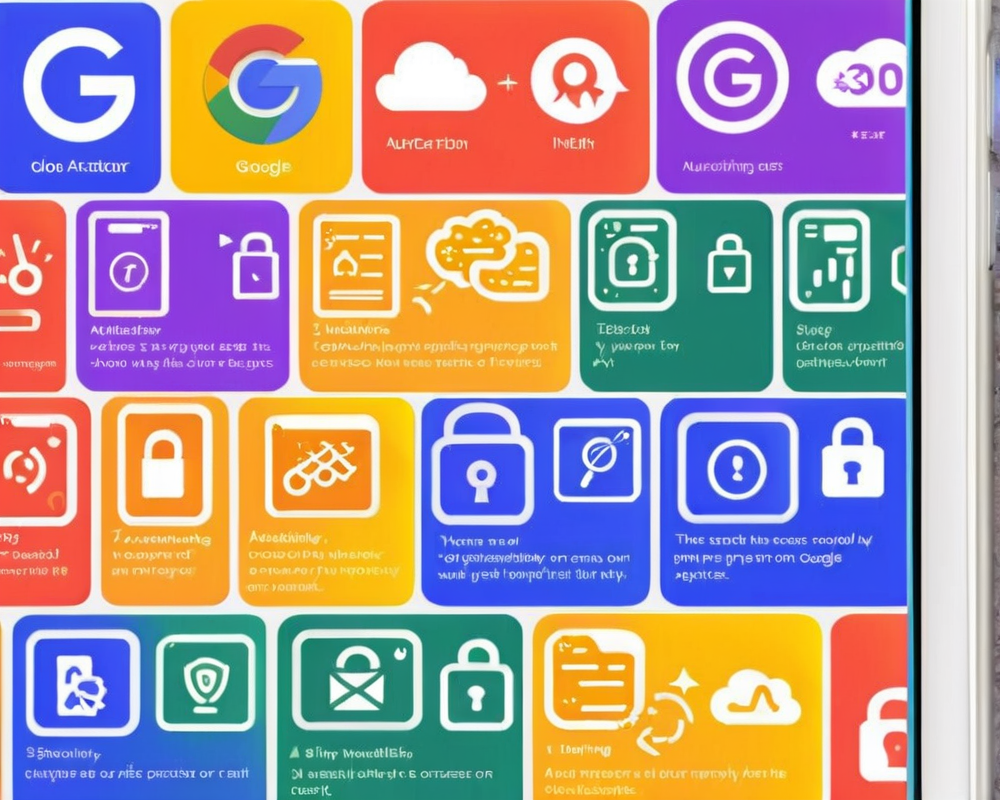Google’s Cloud Sync Feature: A Double-Edged Sword
On April 24, Google decided to shake things up by rolling out an update to its authenticator app. The new feature allows users to store their one-time login codes in the cloud, linked to their Google Account. On the surface, this looks like a lifesaver—lost your authenticator device? No problem! Just access your codes online and you’re back in business. Google claims this move not only boosts convenience but makes users less susceptible to being locked out of their accounts.
Reddit Rants: Not Everyone is on Board
However, not everyone is singing Google’s praises. A certain Reddit user, u/pojut, raised a few eyebrows in the r/Cryptocurrency forum, pointing out a juicy complication: by placing these codes in the cloud, they’re now exposed to anyone clever (or malicious) enough to get their hands on your Google password. That’s like giving away the keys to your digital castle and saying, “Hey, feel free to redecorate!”
Security Experts Weigh In
Meanwhile, cybersecurity experts, like the folks at Mysk, are hooting from the digital rooftops about the potential risks. Their advice? Maybe think twice before tapping into this new syncing feature. They dub it as more of a risk than a benefit, casually remarking in a recent tweet:
“TL;DR: Don’t turn it on.”
Creating a Fortress: The Old Phone Strategy
In the quest for safer two-factor authentication, one Reddit user offered some sage advice: consider using an old phone solely dedicated to your authenticator app. Why? Because if your phone dies in an unfortunate accident involving an overly enthusiastic dance move at a wedding, it’s better to have a backup plan. This way, you keep your precious codes safe from potential prying eyes. Just think of it as your ‘Fortress of Solitude’—only for your digital secrets.
SMS 2FA: The Forgotten Stepchild of Security
Remember the days when a text message was considered a top-notch method for two-factor authentication? Spoiler alert: those days are over. As identified by many in the cybersecurity community, including a notable comment regarding recent legal troubles at a cryptocurrency exchange, SMS 2FA has become a playground for hackers. With scams involving SIM swapping on the rise, it’s enough to make you wonder if it’s time to retire that old reliable—if only it weren’t the only option at some services!
Final Thoughts: Navigating the 2FA Minefield
So, what’s the takeaway here? While Google’s update aims to bolster convenience and perhaps even security, it appears we’re left with a couple of unexpected side effects: increased vulnerability and more security protocols to think about. As we zip through this tech-savvy world, having a safe strategy for authentication is more crucial than ever. Whether it’s utilizing a dedicated old device or holding onto good old SMS for dear life, just make sure you’re securing your digital life in the safest way possible!



